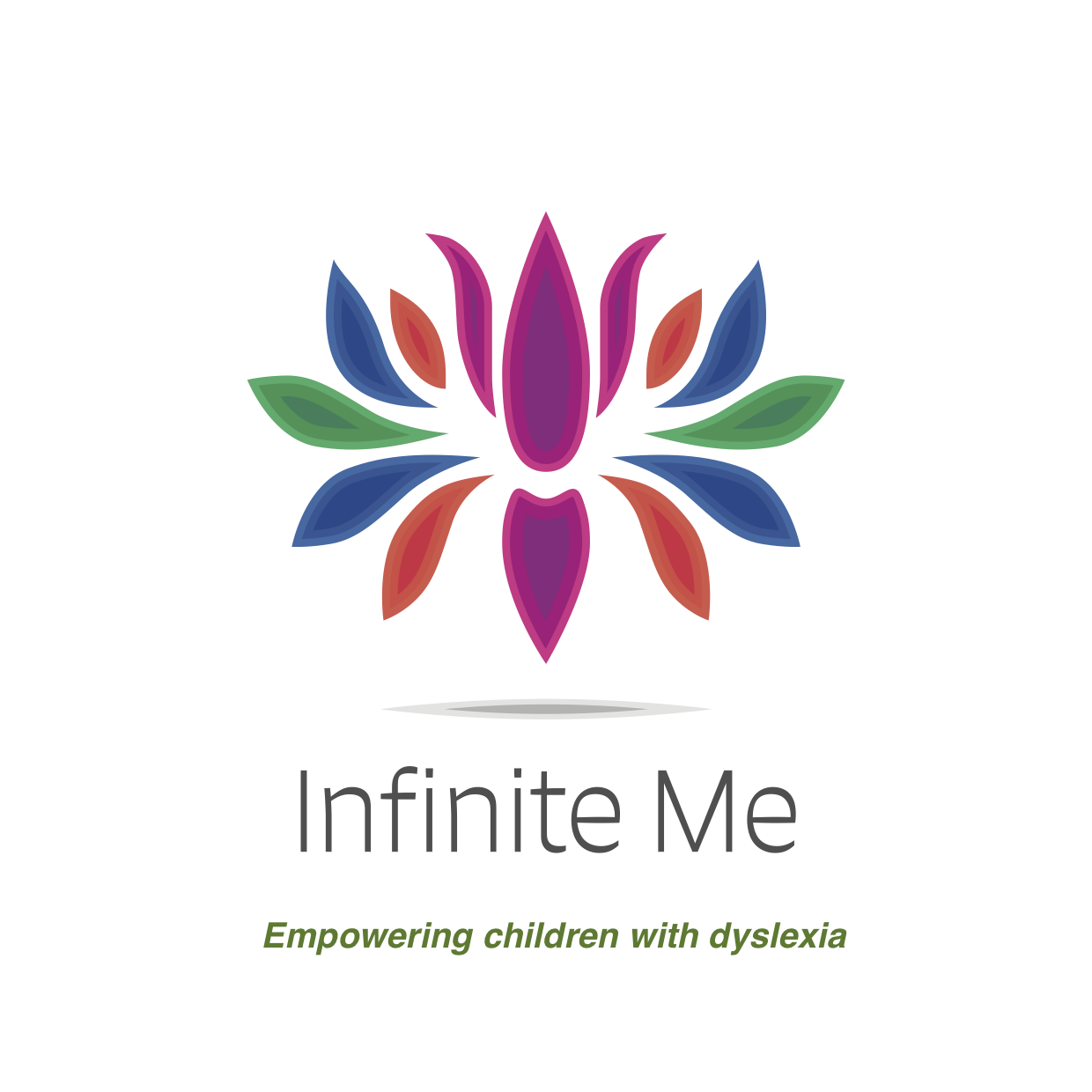
This blog post has been motivated by a few recent events in my life, specifically, the discrimination that adults and children with learning disabilities still face in 2015. I was deeply saddened to find out that discrimination of this nature still happens in schools and in the work place. This fact really disturbed me, and I came to realise that children’s strengths need to be emphasised foremost, because society focuses on their weaknesses. As I came to this realisation I started to wonder what my strengths, as a dyslexic adult are. I’ve always known what weaknesses I have as a dyslexic adult, and any body who asked me, I’ve always been able to tell them straight away… I have weak working memory, I have trouble finding my words in conversation etc. However, why is it always so much more difficult to think about what we are good at?! And of course the more poignant question what strengths have my disabilities given me?! After a few days of soul searching, reading and researching I have been able to identify my strengths and as a result has greatly improved my confidence.
How much more important is it for children with learning disabilities to know what they are good at, helping them to increase their self worth and esteem from a young age and decreasing the amount of negativity that they have to go through around their self image. As a child they are likely to need help in identifying and owning their strengths, here is where you come in as a parent.
1. Take the focus off of academics success.
Yes, academic performance is important, around UK 700,000 students sat their GCSE’s this summer. The pressure is immense and many 16-18 year old complain of stress, fatigue and mental health disorders under the strain to make the grade. But for a child with learning disabilities it may seem like an unwelcome demand to perform in something they have either no interest in and may never use agin. At this stage you may want to reevaluate slightly and think, is academic success the most important thing, or is my child’s wellbeing.
Questions such as:
- will my child be successful without academia?
- Are they creative?
- Do they have good spatial memory?
- Are they good at sports?
Should be asked in order to gain a greater insight into your child’s natural inclinations. Then you can begin shaping your child’s natural talents by initiating more activities with them that support their gifts.
2. Research.
Time is definitely limited as a parent and you barely get time for a cup of tea, as you juggle work and children. However, if you do have a child with a learning disability an important part of nurturing your child’s strengths, will be to conduct your own research. Reading books, and internet articles are an important way to expand your knowledge about your child, what obstacles they will face and what their potential abilities are.
3. Ask their teachers/TA’s
You know your child best in the home environment, but those that work closely with your child at school often will often have quite a different perspective. They will also have good insight into what your child is good at, not so good at and how they interact with others. However! do not fall into the trap by leaving all the responsibility to the school. Whilst schools have their place in your child’s development they also have limited time and resources, and other children that need help and support. If you view your child’s progress as your responsibility you are likely to get a more fulfilling
view the school as one branch to your child’s success rather than the whole tree.
4.Doing regular activities with your child that they enjoy

Bonding with your child over the activities they enjoy; will lead to a more positive perception of your child. Seeing the joy on their face, knowing that they are happy and not constrained by the rigours to squeeze into the box that school or society demands. The freedom that doing an activity they enjoy will begin to support their social development. Whilst the child is does the activity they are learning, it builds their imagination, social skills and even emotions.
Following these four steps should support you in beginning to understand your child’s needs, and ultimately empower you to empower them.














